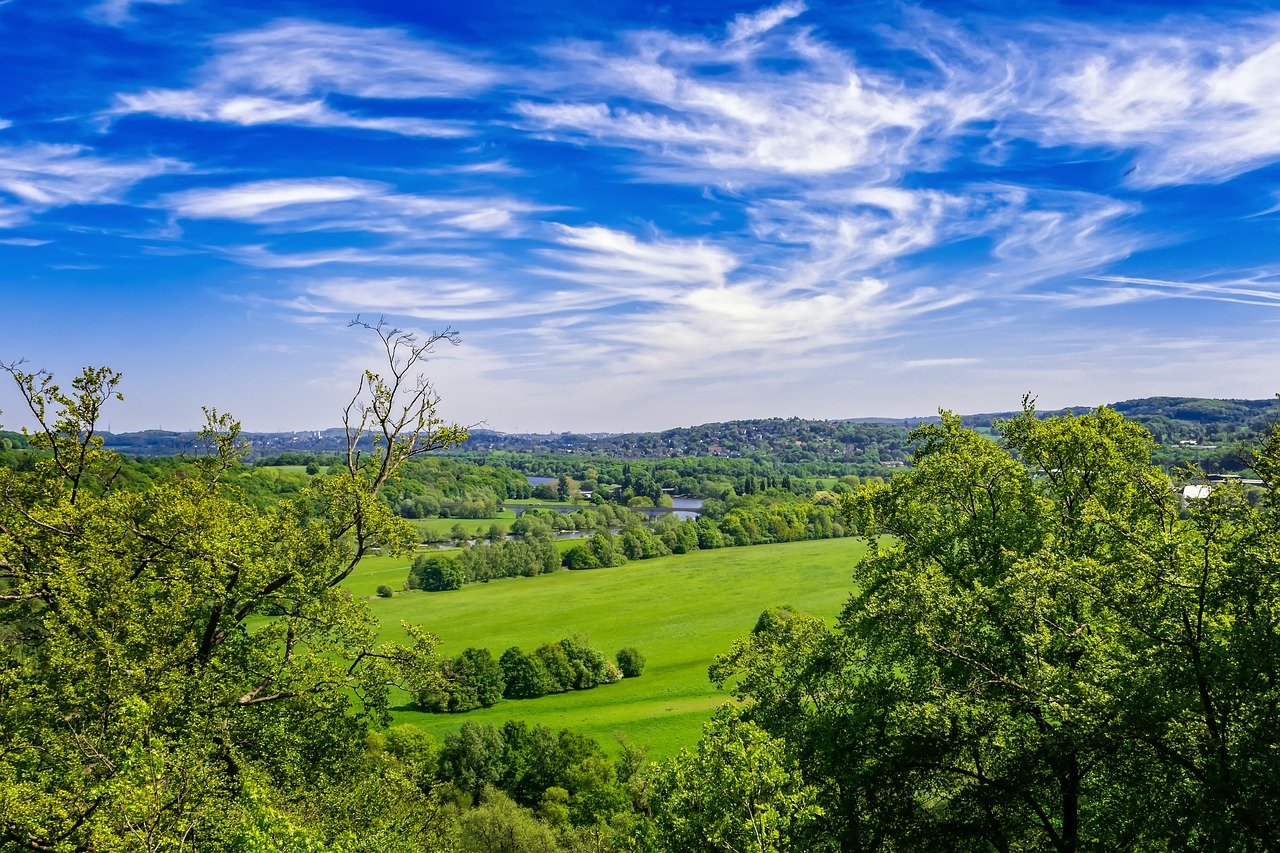Introduction Nature 5nor5a-vhpg= Background
In our fast-paced modern world, it’s easy to overlook the profound impact nature can have on our well-being. This article explores a holistic approach to understanding the role of nature in enhancing our physical and mental health. Known as nature’s therapy, this concept integrates the healing powers of the natural world to promote holistic well-being, a state where mind, body, and environment are in harmony.
The Science Behind Nature’s Impact on Health
Numerous studies highlight the beneficial effects of spending time in nature. For instance, research consistently shows a reduction in stress and anxiety levels when individuals immerse themselves in natural surroundings. The calming effect of greenery and natural landscapes helps lower cortisol levels, the stress hormone, facilitating relaxation and emotional balance.
A good night’s sleep is vital for overall health, and nature can significantly improve sleep quality. Exposure to natural light during the day helps regulate our circadian rhythms, leading to more restful sleep at night. Additionally, the tranquility found in natural settings can ease the mind, making it easier to drift into slumber.
Engaging with nature naturally encourages physical activity. Whether it’s hiking through a forest or simply walking in a park, being outdoors motivates people to move. This increase in physical activity contributes to cardiovascular health, enhances mood, and boosts energy levels.
Environmental Health and Personal Well-being
There’s a strong link between environmental health and individual well-being. A healthy environment promotes healthier individuals, and vice versa. Sustainable living practices not only benefit the planet but also improve personal health. For example, reducing pollution leads to cleaner air and water, which directly benefits our respiratory and overall health.
Eco-friendly practices also contribute to personal well-being. Simple actions like using reusable products, conserving energy, and reducing waste can significantly impact the environment and foster a sense of purpose and satisfaction. These practices not only help the planet but also create a healthier living space for ourselves and future generations.
Incorporating Nature into Daily Life
Living in a city doesn’t mean you can’t enjoy the benefits of nature. There are various ways city dwellers can connect with the natural world, such as visiting local parks, joining community gardens, or even incorporating indoor plants into their homes. These small but effective steps can make a significant difference in overall well-being.
Gardening and spending time in green spaces are excellent ways to connect with nature. Gardening offers physical exercise, stress relief, and a sense of accomplishment. Green spaces, whether in backyards or public parks, provide a peaceful escape from urban life and offer numerous mental health benefits.
Creating a nature-inspired living or work environment can enhance well-being and productivity. Incorporating elements like natural light, plants, and nature-inspired decor can create a calming atmosphere that fosters creativity and focus. These changes can transform any space into a sanctuary that promotes holistic well-being.
Nature’s Therapy in Practice
Case studies and personal stories offer powerful examples of nature’s therapeutic effects. Individuals who regularly spend time in nature often report improved mental health, increased energy, and a stronger connection to the world around them. These anecdotal accounts highlight nature’s incredible ability to heal and rejuvenate.
Nature also plays a significant role in traditional healing practices worldwide. Whether it’s forest bathing in Japan or herbal remedies in indigenous cultures, nature has long been a source of healing and wellness. These age-old traditions underscore the importance of nature in maintaining a balanced and healthy life.
Ecotherapy, a form of therapy that incorporates nature into mental health treatment, is gaining popularity as an effective approach to healing. By engaging with nature, individuals can reduce anxiety, depression, and other mental health challenges. This growing field demonstrates the profound impact nature can have on our well-being.
Conclusion
Nature’s impact on well-being is undeniable. From reducing stress and anxiety to promoting environmental health, the benefits of nature are vast and varied. By prioritizing time in nature and adopting eco-friendly practices, we can enhance our holistic well-being and create a healthier, more harmonious world.
If you’re inspired by this holistic approach to well-being, consider sharing this article with others. Let’s continue the conversation about the importance of nature in our lives and explore ways to incorporate its healing powers into our daily routines.
FAQs
What is nature’s therapy?
Nature’s therapy refers to the use of natural environments to promote physical and mental well-being. It involves activities like spending time outdoors, engaging with nature, and incorporating natural elements into daily life.
How does nature improve mental health?
Nature improves mental health by reducing stress, anxiety, and depression. It offers a calming environment that encourages relaxation and emotional balance, leading to improved mental well-being.
Can city dwellers benefit from nature’s therapy?
Yes, city dwellers can benefit from nature’s therapy by visiting local parks, joining community gardens, or incorporating indoor plants into their homes. These activities provide opportunities to connect with the natural world and enhance well-being.
What is ecotherapy?
Ecotherapy is a form of therapy that involves engaging with nature to improve mental health. It can include activities like gardening, nature walks, and outdoor meditation, which have been shown to reduce anxiety and depression.
How can I incorporate nature into my daily life?
You can incorporate nature into your daily life by spending time outdoors, gardening, and creating a nature-inspired living or work environment. These practices enhance well-being and foster a stronger connection to the natural world











